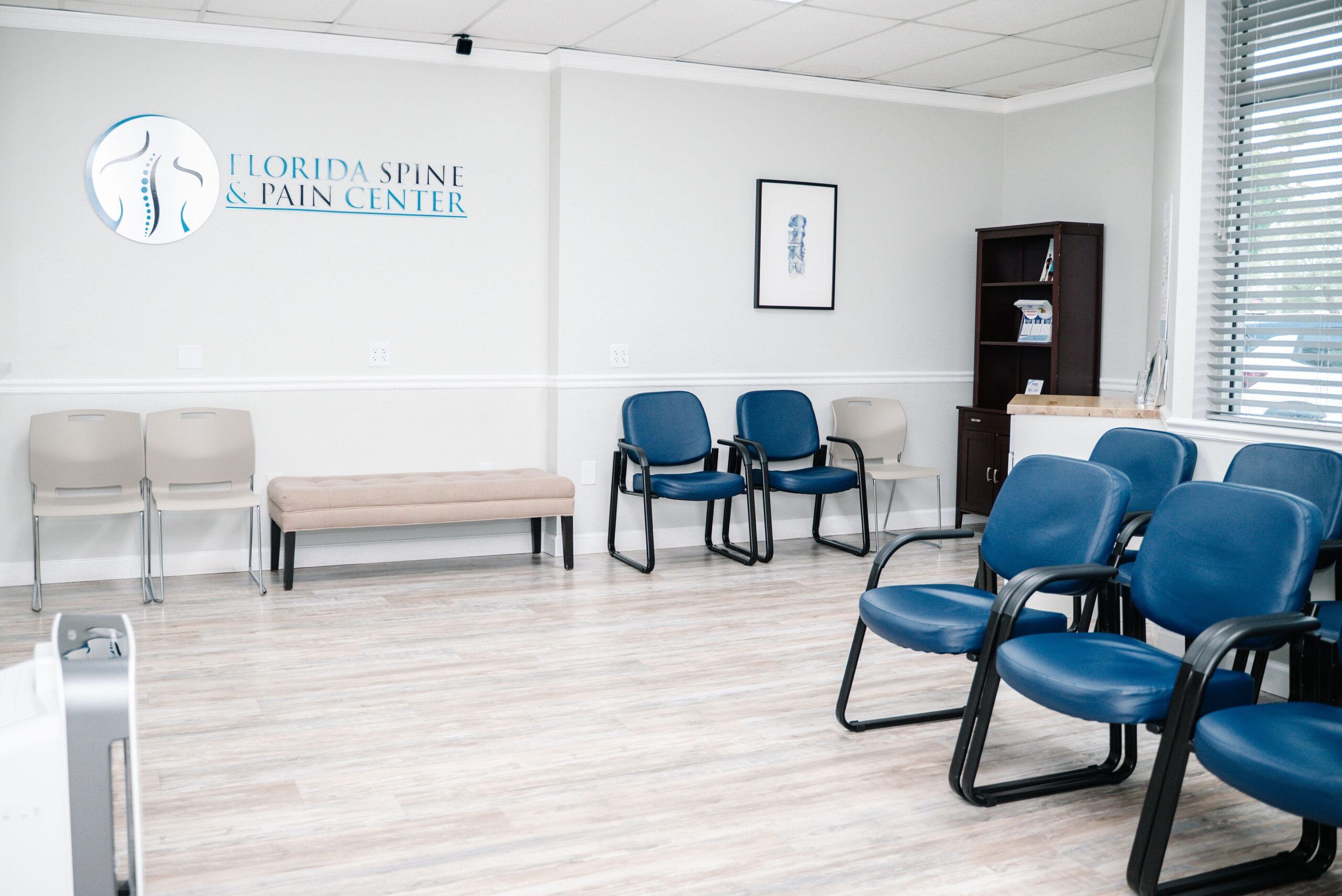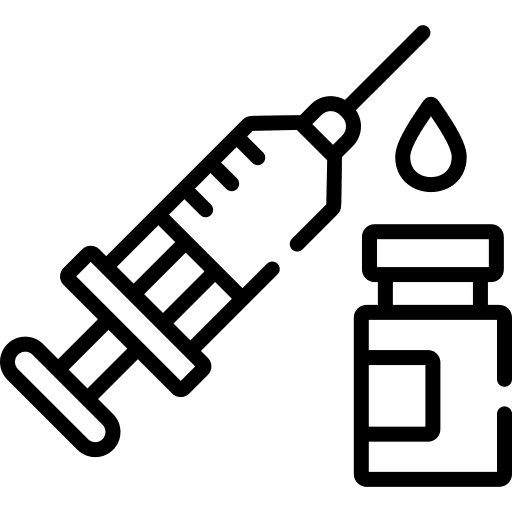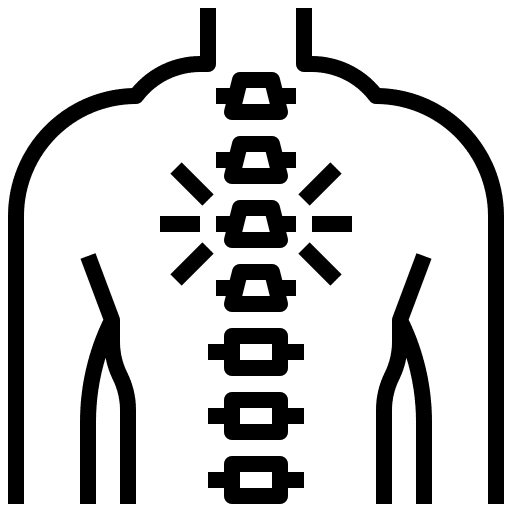LiKnee joint pain is one of the most common complaints among adults, often caused by inflammation, arthritis, sports injuries, or age-related wear and tear. The knee is a complex joint composed of cartilage, ligaments, and tendons that allow smooth movement and weight-bearing. Over time, repetitive stress, injury, or degenerative changes can cause discomfort, stiffness, and reduced mobility.
For patients whose symptoms persist despite medication or physical therapy, injection for knee joint pain may offer a safe, minimally invasive solution. These treatments target the source of pain, the inflamed tissues or irritated nerves, to help restore comfort and function without surgery.
What Are Injections for Joint Pain?
An injection for joint pain is a targeted interventional procedure designed to relieve inflammation and irritation in or around the joint. The physician injects anti-inflammatory or lubricating medication directly into the affected area to reduce swelling and block pain signals.
At Florida Pain Center, specialists use advanced image guidance to ensure precise delivery of the injection, improving safety and effectiveness. This approach is part of a comprehensive pain management strategy aimed at improving mobility and reducing discomfort in patients with chronic joint issues.
Common conditions that may benefit from injections in the knee for pain include:
- Osteoarthritis of the knee
- Rheumatoid arthritis
- Bursitis or tendonitis
- Ligament strain or injury
- Cartilage wear and degeneration
By addressing the root cause of inflammation, injections help patients achieve relief and delay or even prevent the need for surgical procedures.

How Do Knee Joint Pain Injections Work?
During injections, the doctor performs a targeted procedure using a powerful anti-inflammatory medication, and sometimes a numbing agent, delivered directly into the joint or surrounding structures. This approach helps relieve pain and inflammation while assisting in identifying the exact source of discomfort.
Spinal Cord Stimulator Surgery Step by StepKnee Joint Pain Injection Step by Step
The process of receiving an injection for knee joint pain is straightforward and typically takes less than 30 minutes. Here’s a general overview:
- Preparation: The knee area is cleaned, and a local anesthetic may be applied to minimize discomfort.
- Imaging Guidance: The physician uses ultrasound or X-ray to identify the precise area of inflammation.
- Injection: The medication is carefully administered into the joint space.
- Post-Injection Monitoring: Patients are observed briefly before returning home, with instructions on rest and follow-up care.
The entire process is minimally invasive, allowing patients to resume most normal activities within a day or two.
Best Injection for Knee Joint Pain Osteoarthritis
When it comes to osteoarthritis, many patients wonder what the best injection for knee joint pain osteoarthritis is. The answer depends on the individual’s symptoms, severity, and treatment history.
For some, corticosteroid injections offer rapid relief from inflammation, while others benefit from hyaluronic acid injections, which act as a lubricant to improve movement and reduce friction in the joint.
Your pain specialist will determine which approach is most suitable based on your medical evaluation, imaging results, and previous response to treatments. The goal is to select a therapy that offers the longest-lasting relief while maintaining joint function.
Hyaluronic Acid Injection for Knee Joint Pain Reviews
Over the years, hyaluronic acid injection for knee joint pain reviews have been largely positive, particularly among patients with mild to moderate osteoarthritis. Many report improvement in stiffness, comfort, and range of motion after completing a series of injections.
While results vary, these injections are considered a safe, non-surgical way to support joint function and reduce the need for pain medications. At Florida Pain Center, such treatments are performed by experienced specialists who prioritize patient safety and precision in every procedure.
How Long Does Knee Joint Pain Injection Last?
One of the most common questions patients ask is, how long does knee joint pain injection last?
Relief duration depends on the type of injection and the individual’s condition. Steroid injections may provide relief for several weeks to months, while hyaluronic acid injections can last up to six months or more in some cases.
Patients may need periodic follow-up injections to maintain optimal comfort and mobility. Your provider will create a personalized treatment plan based on your response and lifestyle needs.
Injection for Knee Joint Pain Covered by Insurance
Many patients are also concerned about cost, wondering whether injection for knee joint pain covered by insurance applies to their case. In most situations, major insurance providers, including Medicare, cover these procedures when deemed medically necessary.
Coverage typically depends on your diagnosis, prior conservative treatments, and the specific type of injection. The staff at Florida Pain Center assists patients in verifying coverage, coordinating authorizations, and ensuring transparent communication before any procedure is performed.

Risks and Considerations
While injections in the knee for pain are generally safe, every procedure carries some level of risk. Potential complications are rare but may include:
- Mild swelling or redness at the injection site
- Temporary increase in discomfort
- Allergic reaction to medication
- Infection (extremely uncommon under sterile conditions)
Patients should always follow post-procedure instructions and report any unexpected symptoms to their physician promptly. The specialists at Florida Pain Center use image guidance, sterile techniques, and patient monitoring to minimize risk and ensure a comfortable experience.
Who Is a Good Candidate for Knee Joint Injections?
Ideal candidates for injection for knee joint pain include individuals who:
- Experience chronic knee discomfort due to arthritis or injury
- Have not responded to oral medication or physical therapy
- Prefer to delay or avoid surgery
- Are seeking a minimally invasive treatment option
Your physician will evaluate your medical history, imaging, and current symptoms to determine if this approach fits your condition. For many, injections are a bridge to better mobility and an improved quality of life without downtime or hospital stays.
Recovery and Expected Results Injections?
Recovery after an injection for knee joint pain is generally smooth and well-tolerated. Some temporary soreness at the injection site can occur, but most individuals are able to resume light activity shortly after the procedure. Gentle movement and stretching are typically recommended to help maintain flexibility and circulation.
Improvement may develop gradually as the body responds to treatment. Regular follow-up visits with your provider help ensure that the injection is achieving the desired effect and allow for any necessary adjustments to your care plan.
Why Choose Florida Pain Center
For patients in South Florida, Florida Pain Center provides advanced interventional pain management solutions, including injections in the knee for pain. With locations in Pembroke Pines, Hollywood, and Lauderdale Lakes, the center proudly serves communities across Broward, Miami-Dade, and Palm Beach Counties.
Their experienced team specializes in diagnostic and therapeutic injections designed to reduce inflammation, restore function, and enhance overall comfort. If you’re struggling with knee joint pain, consulting the professionals at Florida Pain Center in Lauderdale Lakes, FL is an excellent first step toward long-term, non-surgical relief.

FAQs
FAQs
Our Locations

Let’s Talk about the
Next Step Forward
Next Step Forward
Whether you’re living with chronic pain, nerve discomfort, or joint stiffness, our compassionate team is ready to guide you towards lasting relief. Our spine specialists take a comprehensive and conservative approach to pain management, focusing on minimally invasive procedures that can give you your quality of life back.
Fill out the form and a care coordinator will contact you to schedule your consultation.













